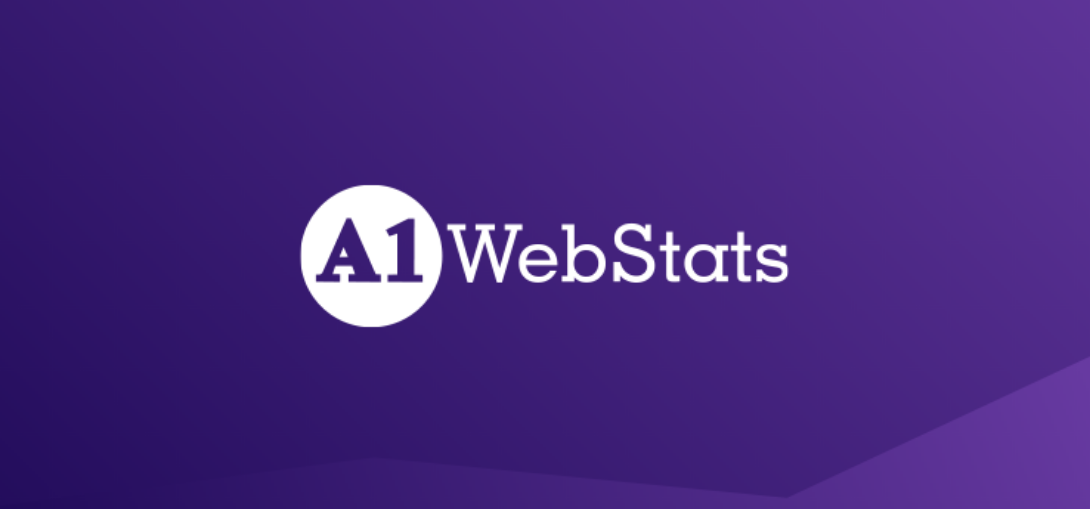
Google Instant Search and your SEO
During conversations with A1WebStats subscribers, we often get onto the subject of SEO. Or rather, the lack of it. This usually comes out of discussing the number of entry pages to the website, which are often limited in scope.
We find that so many companies rely on a very narrow range of search phrases when they’re trying to optimise their website, but there are many other options they hadn’t considered.
This is where Google Instant Search comes in.
Taking a hypothetical example of a particular type of training course offered by a company, here’s what you see when you type ‘nebosh’ into Google:

You’ll notice that Google Instant results show options that you can click on. Those options appear based on a number of factors and one factor is the popularity of those keyword phrases. So, in the screenshot above it’s basically saying that apart from ‘nebosh’ on its own, the following phrases are particularly popular in searches:
- nebosh certificate
- nebosh usa
- nebosh training
- nebosh diploma
Notice that ‘nebosh courses’ doesn’t appear, implying that ‘nebosh training’ is a more popular choice.
If you selected ‘nebosh training’ you’d see the number of results similar to the screenshot below:

Now compare that to the number of results for ‘nebosh courses’:

Quite a difference! That’s not to say that it’s not worth optimising for ‘nebosh courses’, it’s just that ‘nebosh training’ may bring in more people.
Using Google Instant to identify SEO opportunities
Keeping with the ‘nebosh example, if you typed ‘nebosh t’ then you’d see suggested options as in the screenshot below:

As expected, you see that ‘nebosh training’ is most popular, but then there are the other results of:
- nebosh training usa
- nebosh training in houston
- nebosh test examples
Seeing that, you could be thinking “if we had a part of our website that was well-optimised for ‘nebosh test examples’ then we could get a lot more traffic from those people who are clearly searching for that.
One of the best ways to identify opportunities (to create new pages on your website, focusing on certain keyword phrases) is to type your main keyword phrase and then a space followed by each letter of the alphabet. So, taking ‘nebosh’, here’s the view for ‘nebosh c’:

This also works in reverse. Let’s say that you run what you call workshops. By typing ‘nebosh wo’ into Google you’ll see that it’s not interested in showing you results that include the word ‘workshops’, which helps you make the decision to optimise for ‘training’ and ‘courses’ type keyword phrases instead.
In other words, you think you’re running a workshop but the potential buyers don’t care about what you think – they’re not using ‘workshop’ in their search phrases.
Testing and measuring results
We’re not saying that it’s a simple case of creating multiple website pages all focusing on individual keyword phrases. Getting pages to rank in Google often requires a lot more than that. However, by using Google Instant Search to identify new keyword phrases, that you can build website pages/sections around, you have at least started the process.
We suggest creating just one test page to begin with and then use your website analytics software to identify how many people are landing on that page, while also using rank tracker software (ask us if you’re not familiar with this) to keep track of your positioning in Google results for your desired keyword phrases. You may well have to put more effort into getting the page higher up in Google but the initial objective is to get it noticed at all and seeing people clicking through from the search results to your new landing page.
Then, once you hit on a good result, replicate it by going back to the Google Instant results and creating further website pages.
Niche is neat
In the example used here it would be wonderful for the business owner to be high in Google for ‘nebosh training’ but in reality, that’s going to take some work to achieve. But what if they came up with pages (and associated strategy to get those pages picked up by Google) that focused on numerous niche topics? For example:
- nebosh general certificate past papers
- nebosh general certificate distance learning
- nebosh pass grades
- nebosh pass rates
- nebosh exam questions and answers
Although much smaller numbers of traffic, numerous pages focusing on more niche search phrases are going to gain few people multiplied by many pages, all looking for something very niche and specific.
This is an important point – out of someone searching for ‘nebosh exam questions and answers’ (and landing on a page specifically about that, set up so that it converts well) and someone searching for ‘nebosh training’, which is going to get the better results? We’d suggest the former (in this case, someone looking for questions and answers very much needs to feel more confident that they’re going to pass, which implies that they need a good training course to help them).
Over to you!
We hope this has been useful. If you need any input on the practicalities/strategies to best-utilise Google Instant Search then please do let us know and we’ll be happy to help.
Leave a Reply